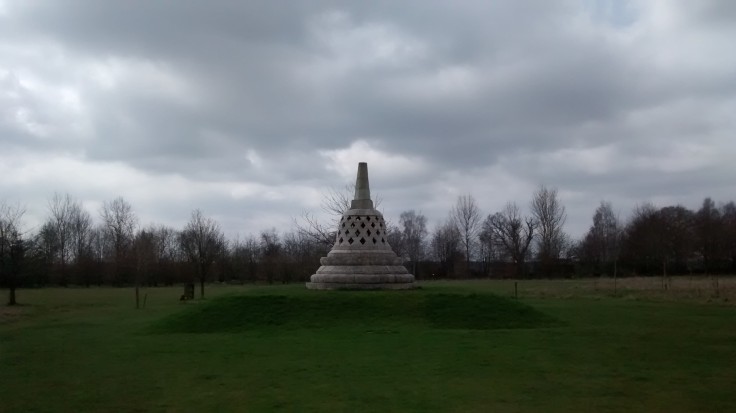To bungee jump or not to bungee jump?
I’m lucky enough to live within cycling distance of the Realm of the Deathless! Well actually it’s a Theravadin Monastery in Great Gaddesden, just outside Hemel Hempstead, called Amaravati which, in Pali I believe, means The Realm of The Deathless. I’ve biked up the hill today, Easter Sunday, and I’m writing this is the delightful…
